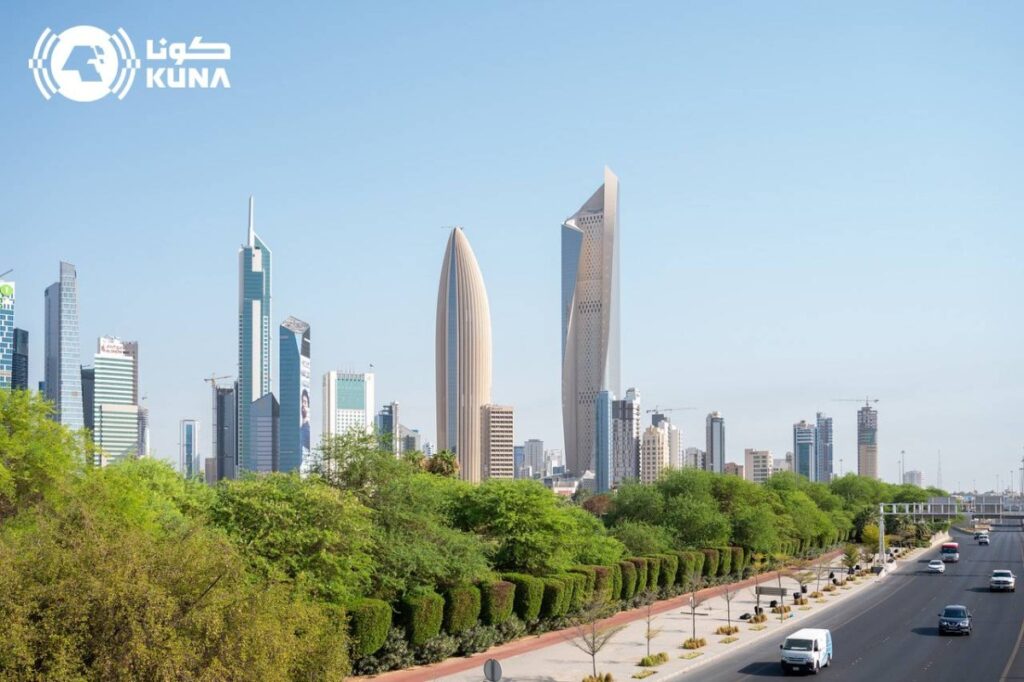KUWAIT: Residents may finally feel a slight relief from the summer heat as temperatures in Kuwait begin to drop, a meteorologist said Thursday, although coastal areas will continue to experience high humidity over the weekend.
According to Abdulaziz Al-Qarawi, meteorologist at the Kuwait Meteorological Center, maximum temperatures fell from 48°C on Wednesday to 44°C on Thursday, with night-time readings also easing in desert areas such as Shagaya, Salmi, and Abdally.
“The drop in temperatures is due to changes in the air mass,” Al-Qarawi explained in an interview with KTV. “Humidity will be higher along coastal areas and islands, making outdoor conditions more uncomfortable early in the day.”
Weekend conditions are expected to be suitable for outdoor activities. Sea waves are forecast to reach two to four feet, making marine activities like fishing safe, while evenings are expected to be cooler for desert camping.
The meteorologist added that while daytime temperatures will remain relatively high, night-time cooling will continue through September and October.
Residents are advised to take precautions against heat and humidity, especially those with respiratory conditions, and to adjust clothing for the transition between air-conditioned indoors and hot, humid outdoors. He reminded people to stay in the shade, remember to drink fluids, and avoid direct sunlight during peak hours.
The change in weather also has practical implications for daily life and health. High humidity combined with indoor air conditioning can affect children returning to school and residents with respiratory issues. He recommend adjusting clothing appropriately and being mindful of temperature differences when moving between indoor and outdoor spaces.
Dust levels are expected to remain low for the next several days, with only light dust in western desert regions, allowing most areas to enjoy outdoor activities with minimal disruption.
“The initial indicators for the next ten days point to moderate summer weather,” Al-Qarawi said. “The early mornings will be pleasant, with temperatures rising from noon onwards.”
He noted that this summer has been unusual, with a later start, dusty days, and fewer extreme heat events compared to previous years. “The late start of summer and the dusty conditions affect not only temperatures but also seasonal patterns,” Al-Qarawi said. “Based on current data, we anticipate a cooler and potentially rainy winter, though forecasts may change as climatic systems develop.”

